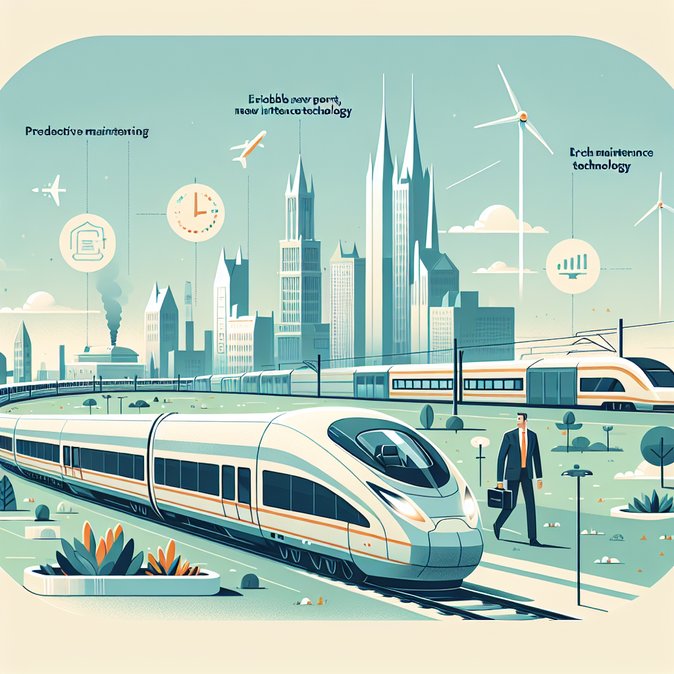
Austrian Federal Railways (ÖBB) lifted the curtain on its first fully refurbished Railjet set in Vienna on 21 November 2025, signalling the start of a €200 million mid-life upgrade programme for all 60 flagship inter-city trainsets. The debut unit will make its inaugural public run on 12 December when the long-awaited Koralm high-speed railway between Graz and Klagenfurt opens for passenger service, cutting journey times across southern Austria by up to 45 minutes.
The makeover includes redesigned business- and economy-class seating, enlarged luggage racks, USB-C power at every seat, a new onboard Wi-Fi portal and upgraded accessibility features such as tactile seat numbers and expanded wheelchair spaces. Technical Services managing director Bernhard Gritzner said each train will also receive predictive-maintenance sensors that feed real-time data to ÖBB’s Fleet Control Centre, reducing unscheduled downtime by an estimated 15 %.
![ÖBB presents first refurbished Railjet ahead of Koralm line opening]()
For corporate mobility managers, the refurbished fleet offers a competitive alternative to short-haul flights: Vienna–Graz schedules will remain hourly, while Vienna–Klagenfurt frequencies rise to 13 trains per day once the Koralm tunnel is fully operational. ÖBB expects a 10 % boost in rail market share on corridors under 350 km, aided by the government’s tax incentives for business travel shifting from air to rail as part of Austria’s climate strategy.
The modernisation comes as ÖBB readies a separate order for up to 17 new Siemens Desiro HC sets for regional services and prepares to integrate the €80 million Styria Mobility Hub at Graz main station. Passenger board member Sabine Stock emphasised that the Railjet refresh “underscores our commitment to premium day-train travel” at a time when night-train expansion has dominated headlines.
Roll-outs will accelerate in 2026, with five additional refurbished units slated to enter service each quarter. Older cars will rotate through ÖBB’s Linz workshop on a 40-day refurbishment cycle, ensuring the entire fleet meets the new standard by mid-2027. Business-class fares will remain unchanged during the transition, the operator confirmed.
The makeover includes redesigned business- and economy-class seating, enlarged luggage racks, USB-C power at every seat, a new onboard Wi-Fi portal and upgraded accessibility features such as tactile seat numbers and expanded wheelchair spaces. Technical Services managing director Bernhard Gritzner said each train will also receive predictive-maintenance sensors that feed real-time data to ÖBB’s Fleet Control Centre, reducing unscheduled downtime by an estimated 15 %.

For corporate mobility managers, the refurbished fleet offers a competitive alternative to short-haul flights: Vienna–Graz schedules will remain hourly, while Vienna–Klagenfurt frequencies rise to 13 trains per day once the Koralm tunnel is fully operational. ÖBB expects a 10 % boost in rail market share on corridors under 350 km, aided by the government’s tax incentives for business travel shifting from air to rail as part of Austria’s climate strategy.
The modernisation comes as ÖBB readies a separate order for up to 17 new Siemens Desiro HC sets for regional services and prepares to integrate the €80 million Styria Mobility Hub at Graz main station. Passenger board member Sabine Stock emphasised that the Railjet refresh “underscores our commitment to premium day-train travel” at a time when night-train expansion has dominated headlines.
Roll-outs will accelerate in 2026, with five additional refurbished units slated to enter service each quarter. Older cars will rotate through ÖBB’s Linz workshop on a 40-day refurbishment cycle, ensuring the entire fleet meets the new standard by mid-2027. Business-class fares will remain unchanged during the transition, the operator confirmed.








